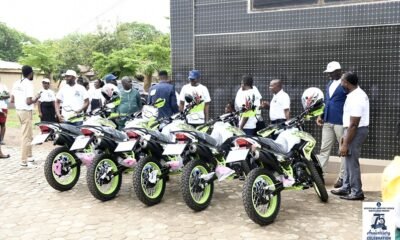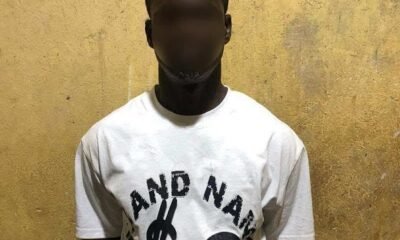News
ECOWAS begins 3-day capacity building workshop for Gender Observatory Centre in Accra
The Economic Community of West African Countries (ECOWAS) Gender and Development Centre yesterday began a three-day workshop in Accra aimed at building the capacity of focal persons to manage and operationalise the Gender Observatory Centre to be established in member countries.
The three-day event is also expected to equip the participants with the necessary skills in digital platform usage,design,generation and development, datacollection, data analysis and reporting as well as methods in gender statistics reporting and E-learning.
Speaking at the ceremony, the Director ofthe ECOWAS Gender Development Centre, Mrs Sandra OulateFattoh indicated that the workshop would go a long way to empower the gender equality aimed at promoting the sustainability and periodization of the Sustainable Development Goals.
According to her,in spite of the gender equality and women’s empowerment, the continent is still faced with widespread disparities and inequalities characterized by the marginalization of women and the absence of adequate opportunities for women to participate effectively in the development processes and to share the equitably in the gains of development.
It was to address these challenges that the Centre was organising this training workshop to have a robust database base system to provide the necessary gender statistics necessary for decision making.
Ms Fattoh commended the United States Agency for InternationalDevelopment (USAID), United Nations Development Programme (UNDP), African Union and other stakeholders whose contribution has brought the center to fruition.
The Minister of Gender, Children and Social Protection, Dakoa Newman said Data analysis and management was vital in the discharge of work as gender experts and advocates in order to effectively help in proper planning towards takinginformed decisions.
The essence of the training she explained,cannot be underestimated as it recognizes the sub-region as a just and secure society in which men and women have equal opportunities to participate, decide, control and benefit from all development initiatives, thus ensuring that no one is left behind in the developmental process in Member States.
In Ghana, the Minister indicated that the Ministry has been mandated to coordinate and ensure gender equality and equity as well as integrate the fulfilment of the rights, empowerment and full participation into national development.
“I am happy to announce that the Parliament of Ghana in July 2024 has passed the Affirmative Action (Gender Equity) Bill into Law. The passage of this Law will help to effectively and efficiently address gender imbalances in the political, social, economic, educational and cultural spheres of the Ghanaian society,” she added.
The Director, Women, Gender, and Youth Directorate of the AU Commission, Ms Prudence Ngwenya also commended the ECOWAS Centre for the bold steps taken to improve accountability of policies taken by member states and assured of the Commission’s resolve to ensure that decisions taken at the other regional blocks would help promote gender equality on the African continent.
Mrs Cleopatra Orongo on behalf of the Director United Nations Development Programme (UNDP) Regional Service Centre for Africa Dr Mathias Naab said the Gender Observatory when fully implemented would link other observatories in order to improve upon the continents commitments to its people.
She assured of the commissions commitment to work with the centre to ensure that the objectives of the centre are achieved.
BY LAWRENCE VOMAFA-AKPALU
News
‘Thousands of Ghanaian women suffering from Obstetric Fistula’
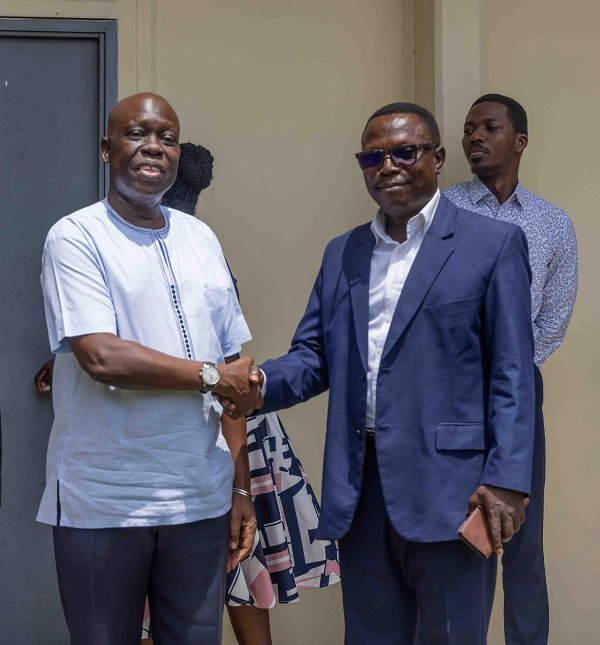
Thousands of Ghanaian women continue to suffer in silence from Obstetric Fistula (OF) due to inadequate access to surgical treatment, the United Nations Population Fund (UNFPA) has revealed.
Dr Wilfred Ochan, UNFPA’s Country Representative, disclosed that over the past decade, Ghana has accumulated a backlog of more than 12,000 untreated cases, despite recording an estimated 1,300 new cases each year.
He made the remarks during a visit to the New Times Corporation (NTC) in Accra to mark the International Day to End Obstetric Fistula (IDEOF).
“Only 1,000 repairs have been done in 10 years. That leaves thousands of women isolated, in pain, and excluded from society due to a condition that is both preventable and treatable,” Dr Ochan said.
He stressed the need for greater investment in surgical capacity, public awareness, and partnership, especially with the private sector— to accelerate Ghana’s efforts to eliminate the condition by 2030.
Obstetric Fistula results from prolonged or obstructed labour without timely medical care, causing a hole between the birth canal and bladder or rectum, leading to continuous leakage of urine or faeces. The consequences include stigma, chronic incontinence, and often, the death of the baby.
To help close the treatment gap, the UNFPA is working with health institutions including the Komfo Anokye and Cape Coast Teaching hospitals to scale up surgeries and outreach.
“We must not allow women to suffer lifelong trauma for simply trying to give life,” Dr Ochan urged.
The Managing Director, Mr Martin Adu-Owusu, pledged NTC’s support in raising public awareness and promoting maternal health initiatives.
“We are ready to collaborate with you to ensure that maternal deaths and issues affecting women come down to the barest minimum so that together we can achieve the UN goal to eliminating Obstetric Fistula by 2030,” he said
By Esinam Jemima Esinam
News
Inflated prices of Abaya, Jalabiya on Eid-al-Adha celebration
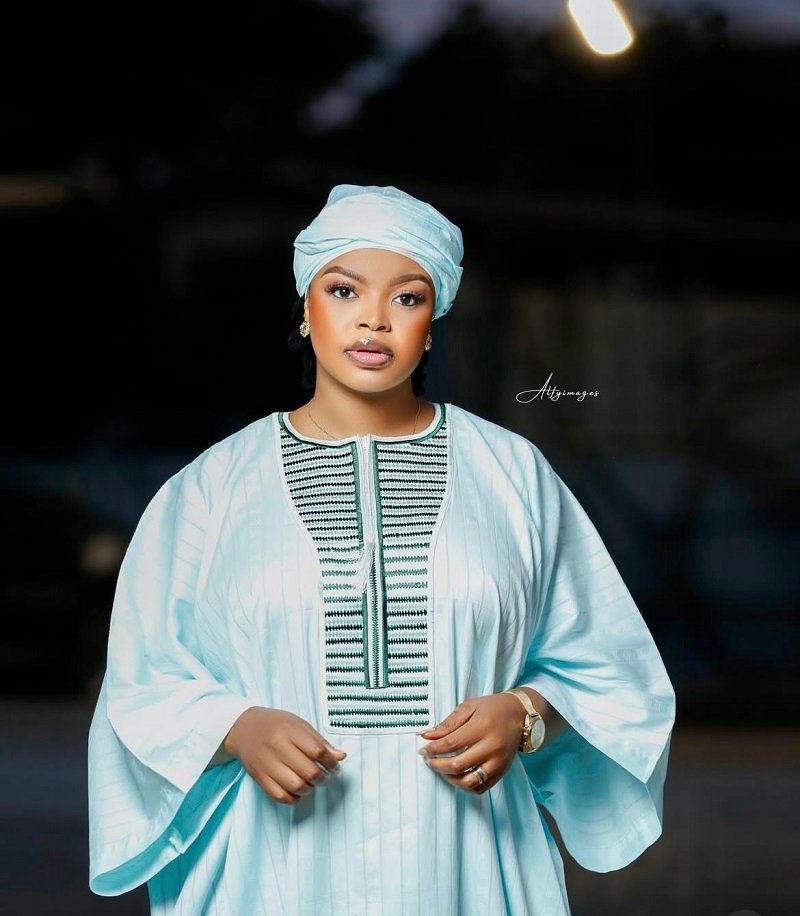
Muslims in Ghana and all over the world yesterday observed the Eid-al-Adha celebration.
It falls on the first day of Shawwal, the 10th month of the Islamic calendar and is celebrated by Muslims to mark the end of the month-long dawn-to-dusk fasting of Ramadan.
The build up to yesterday’s edition was characterised by a high demand for traditional Islamic attire here in Tamale, leading to a sharp rise in prices.
Checks by The Spectator from the various markets in the Tamale area revealed that prices for popular outfits like the Abaya, Jalabiya, and Kaftan have skyrocketed within the period.
Although there is no prescribed outfit for the celebration, many Muslims in Tamale traditionally choose modest and loose-fitting garments that reflect Islamic values.
Abayas and Jalabiyas often imported from Turkey, Dubai, Egypt, and Northern Nigeria have become particularly the most sought-after attires, resulting in the price hikes.
Currently, prices for men’s attire range from GH₵250 to GH₵800 while women’s outfits are selling from GH₵350 to GH₵1000.
Children’s garments are also not left out of the pricing craze. Bargaining for the youngsters starts from GH₵150.
Hajia Naila Abdul Karim, owner of ‘Cover with Style,’ confirmed a significant surge in sales in the holy month.
“Each day, more than 20 people, mostly women walk into the shop. We also send over 40 parcels daily to customers across the country,” she stated.
She attributed the price increases to the cedi’s depreciation and a recent shortage of Turkish imports, noting that most of her stock now comes from Dubai.
Hamdia Kamil, a loyal customer, shared her experience: “Two years ago, I bought an Abaya for GH₵350. This year, it’s GH₵650. I had no choice because it’s a special occasion and I want to feel good. Still, I hope the dresses are made affordable so others can also celebrate in style.”
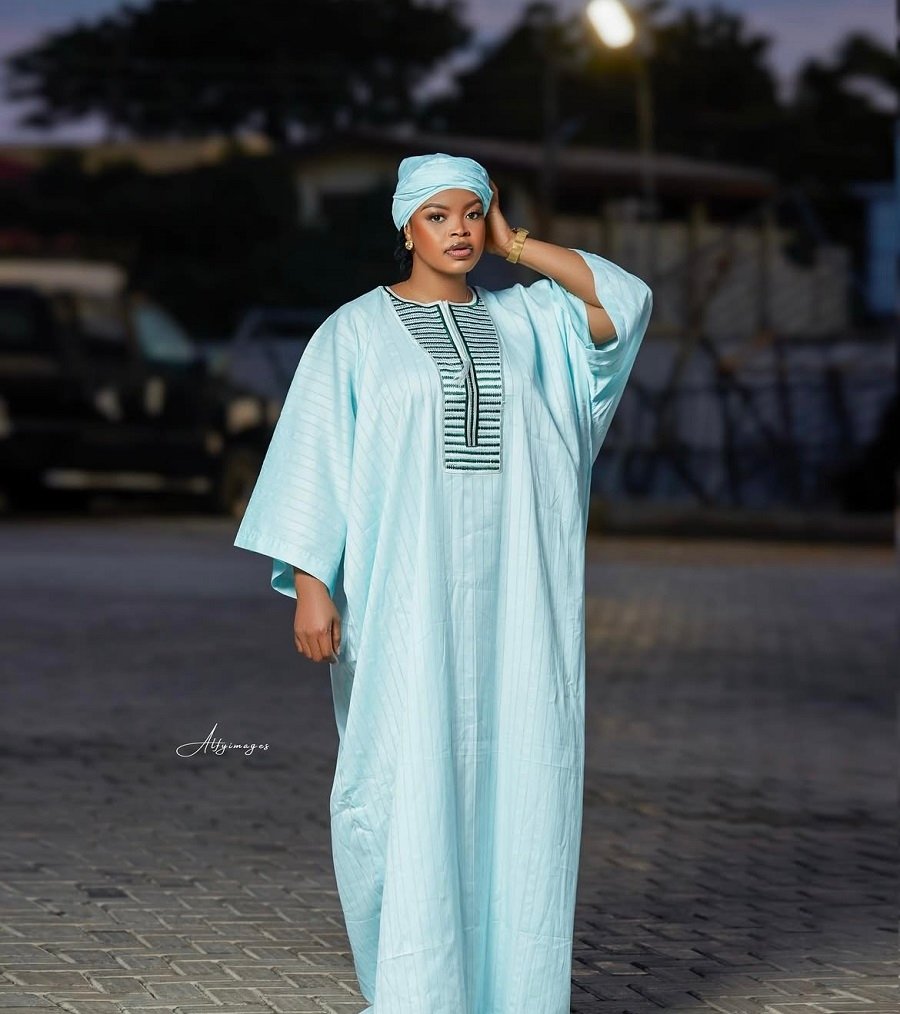
At Baby Last Closet in Sakasaka, another fashion outlet, prices for women’s outfits range from GH₵350 to GH₵1,300, while men’s attire goes from GH₵250 to GH₵1,000.
“Some customers complain about the cost, but because it’s Ramadan, many still go ahead and buy,” said the shop owner.
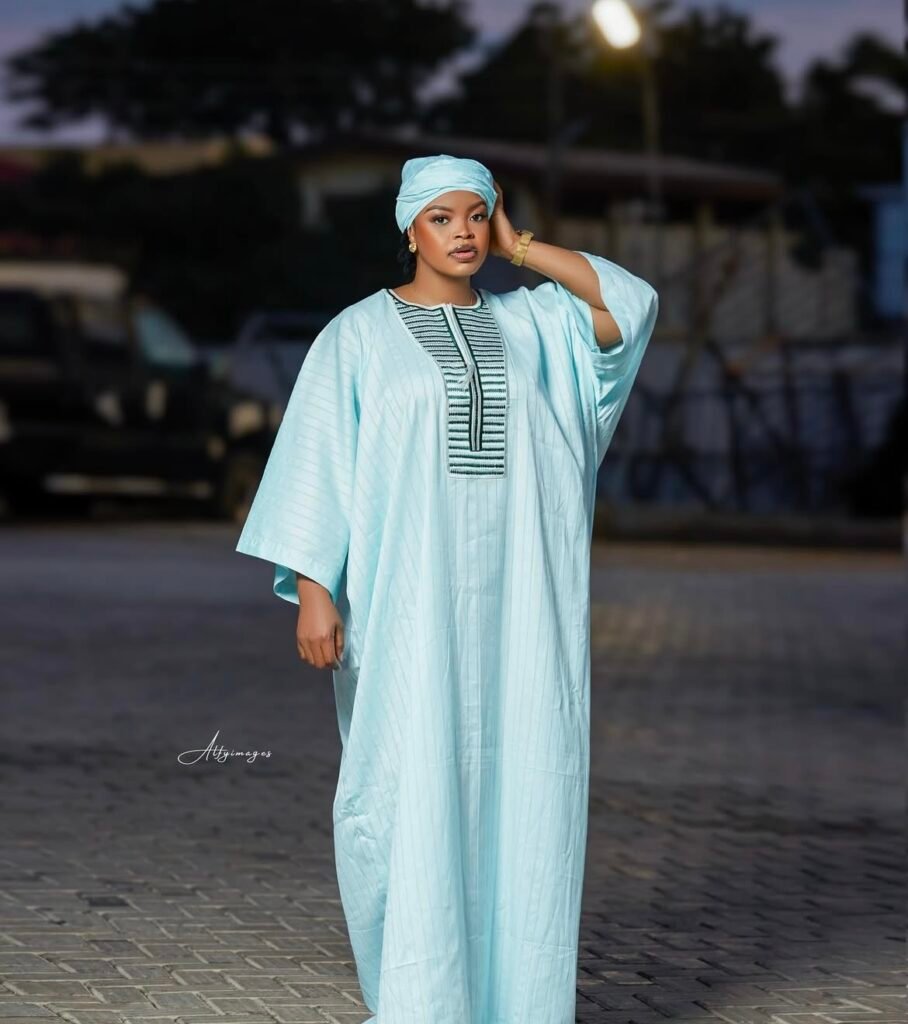
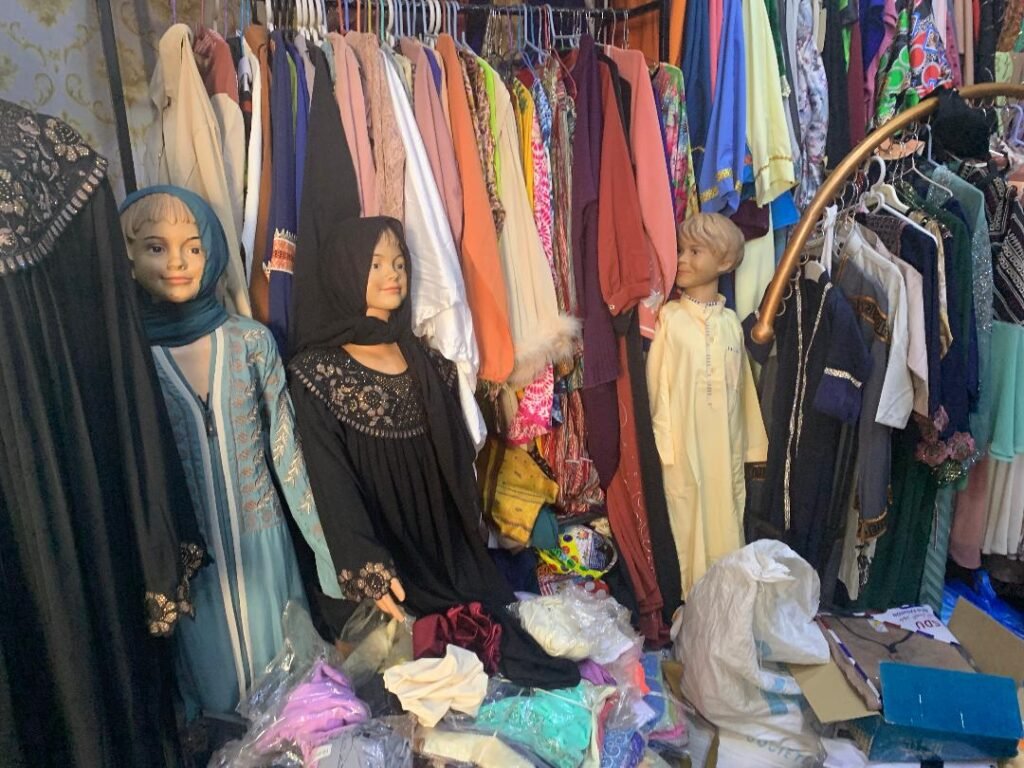
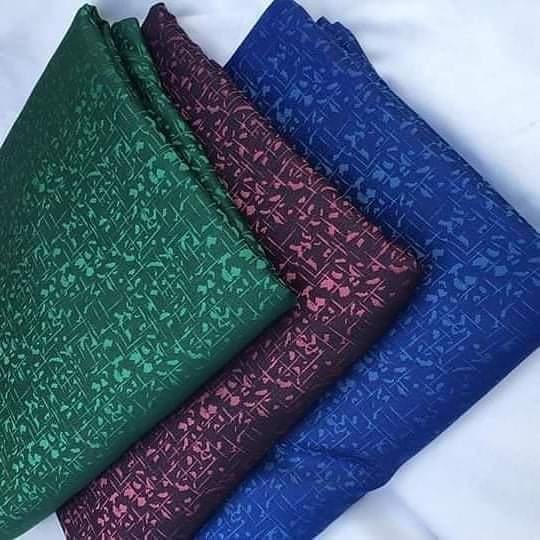
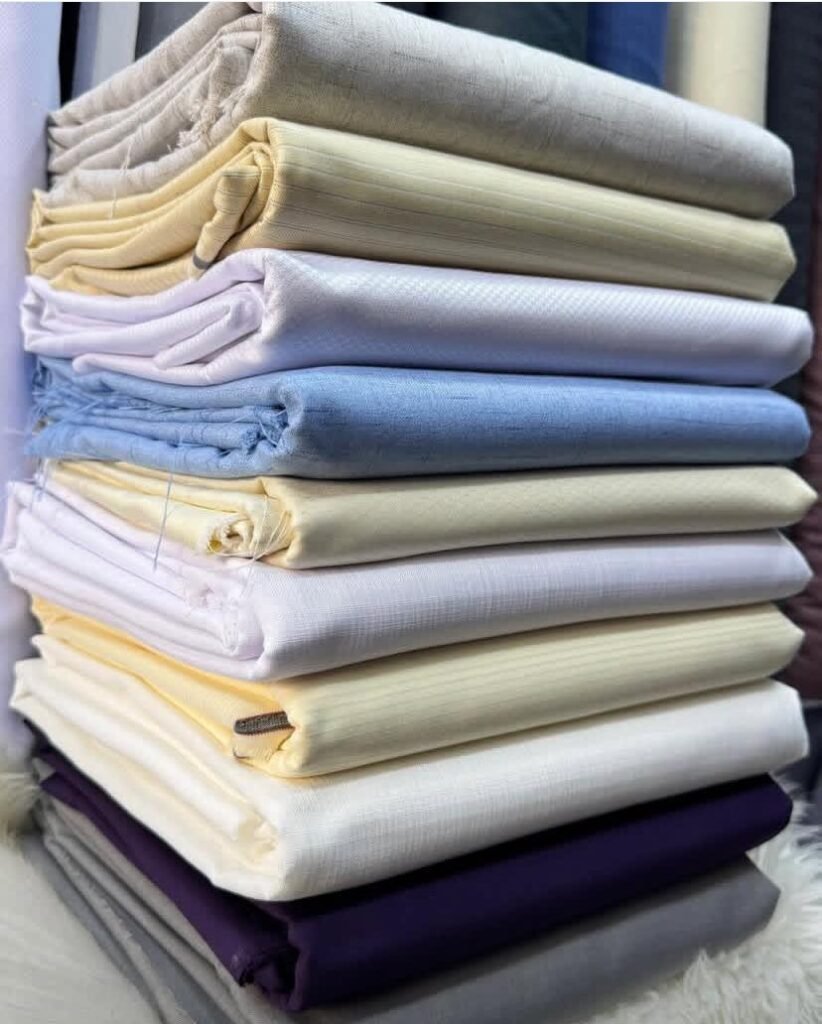

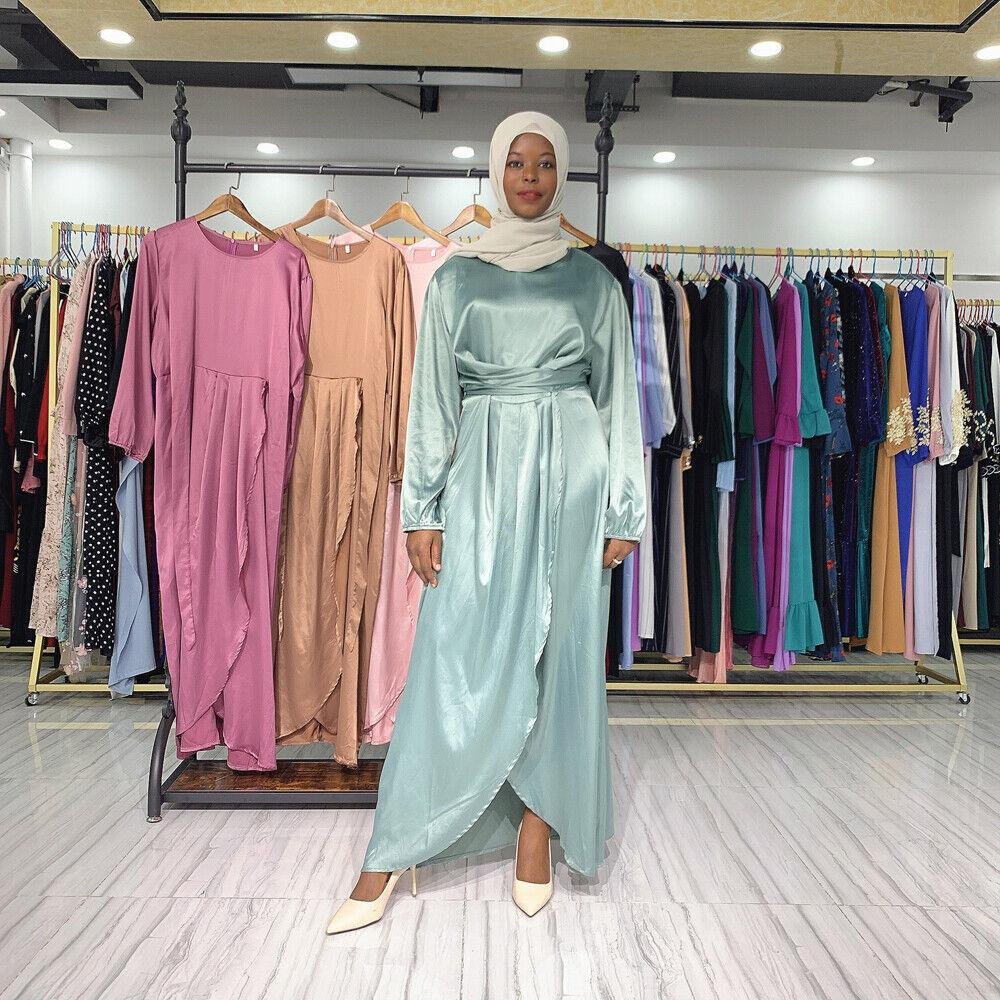
Similarly, Mandy’s Haven at Zogbeli sells exclusively for Eid celebrations, dealing in high-end Abayas, Jalabiyas, and Kaftan materials. Prices there reflect quality and origin, with female attire ranging from GH₵450 to GH₵5,000, and kaftan fabric sold at GH₵200 per yard.
For many, including resident Iddrisu Suale, the holy month remains a sacred period despite the economic pressures. “Things are expensive this year, but I still want to make the day special for my children. I plan to get them Abayas and Jalabiyas from Egypt,” he indicated.
Despite the bustling nature of preparation and the high cost of goods, resident expressed optimism of having a good time in observing the deep spiritual significance of the occasion.
Story & photos by Paul Dery




